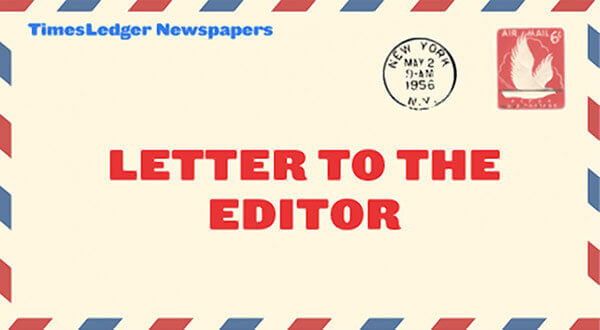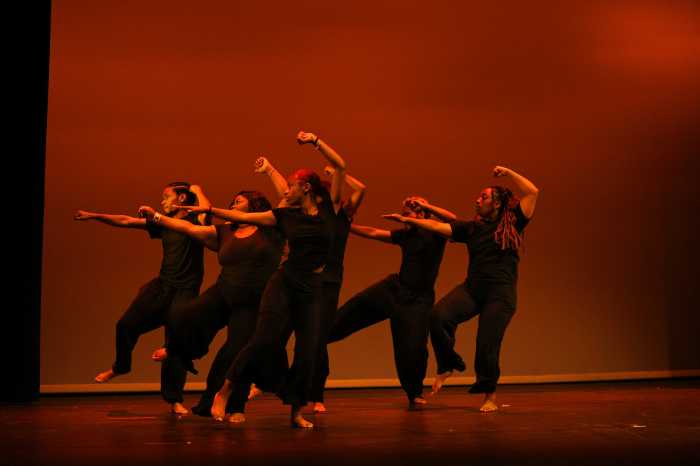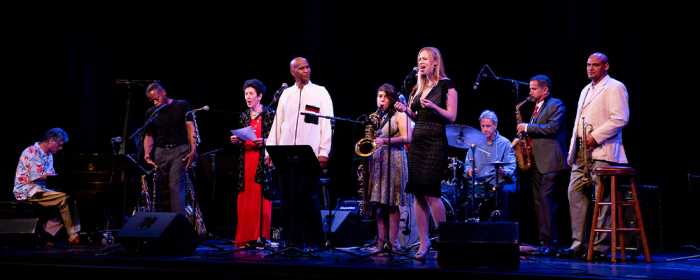By Ed Konecnik
While strolling through Central Park near Bethesda Fountain last Sunday, I was drawn to the strains of songs of the 1950s being performed by a group of gentlemen who call themselves Cover Story. Their music, affectionately referred to as doo wop, revived many fond memories, uplifted my spirits and made me smile. It even stirred my patriotic pride because those sounds could not have been created anywhere else on the planet. Sadly there are some who are of the opinion that the “classic songs of the ‘50s” represented an era of repression and segregation.
I was a student at the High School of Music and Art in the late ‘50s. Each morning as I entered the auditorium to wait for classes to begin, I could here the strains of doo wop in every corner. It was here that the new sounds were created and experimented with by students both black and white. One of my classmates wrote several hits for Frankie Lymon and the Teenagers and had a successful career of his own. It was during that era that the musical creativity of many blacks was recognized, rewarded and provided myriad opportunities for both blacks and whites.
The doo wop sounds couldn’t be categorized or easily identified as black or white. It was poetry celebrating the joys of love and life, accompanied by lyrical melodies and sung by harmonious voices full of hope and aspirations. By contrast, the pop culture of today features rap music, an oxymoron by any standards, which almost exclusively celebrates the black experience and is often full of expressions of hate and depictions of violence, not to mention dirty words.
If anything can be said about the music of the ‘50s, it is that it did not oppress but offered freedom of expression, created opportunities, and most importantly, uplifted and celebrated the simple joys of life that bind us together as human beings.
If Restoration poet William Congreve’s proclamation that “music has charms to sooth a savage breast, to soften rocks, or bend a knotted oak” is correct, then it would behoove us all to attend more doo-wop concerts. I will be strolling near Bethesda Fountain more often.
Ed Konecnik
Flushing




































